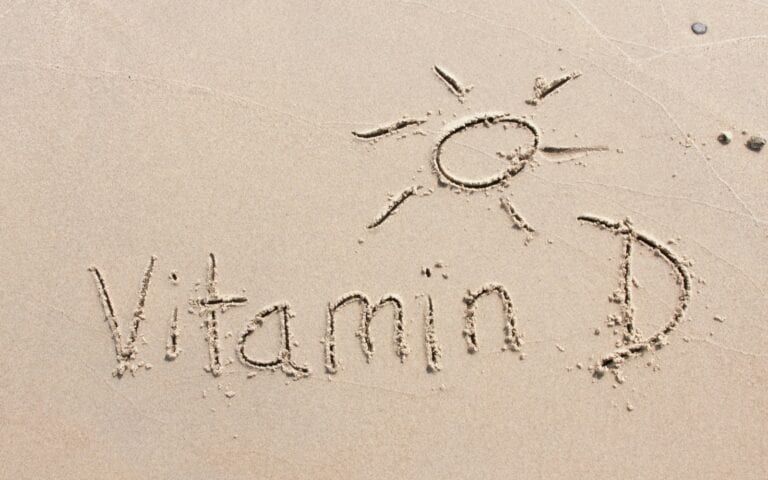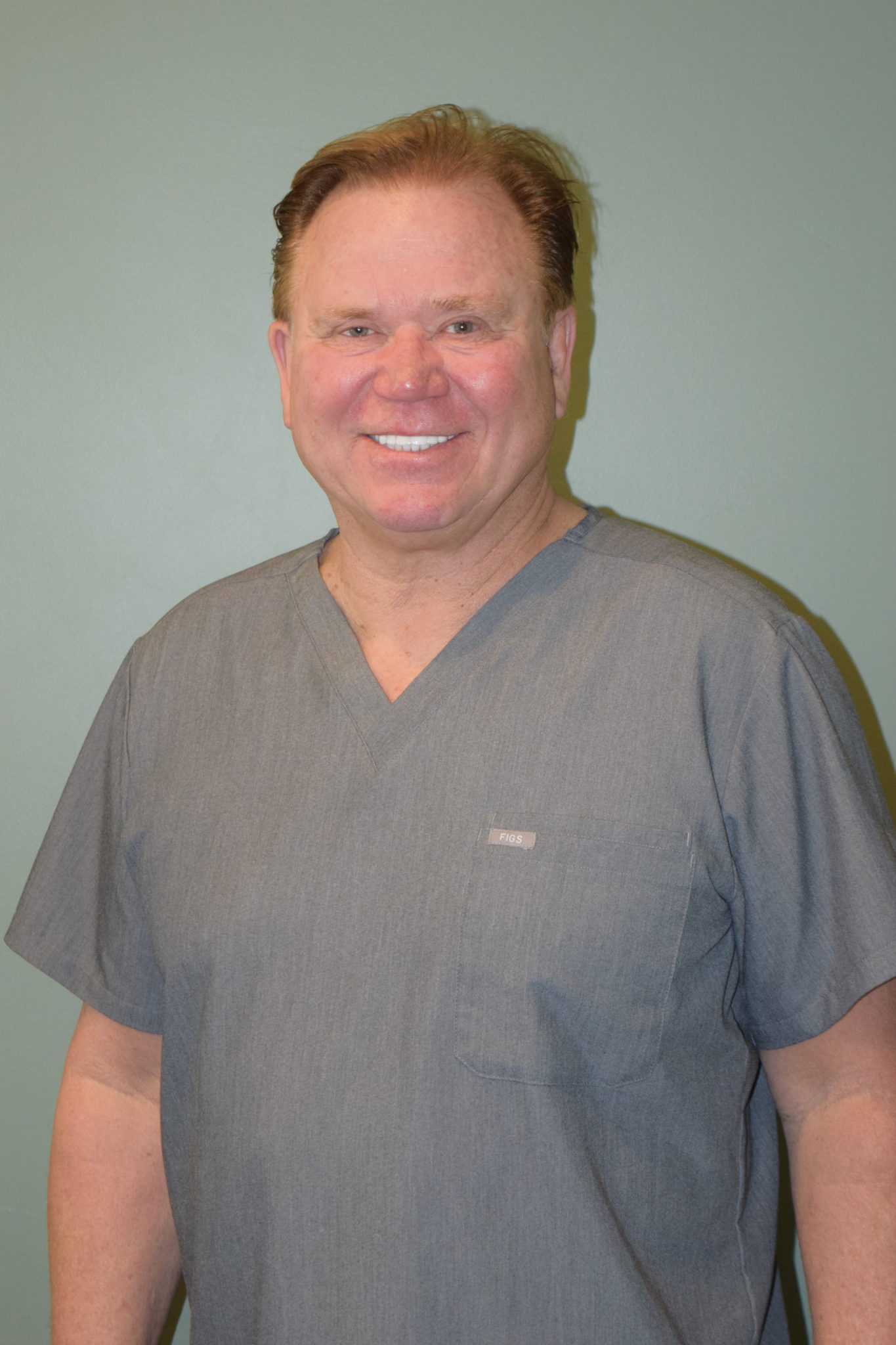The Interconnected Nature Of Vitamin D Deficiency and Periodontal Disease

Vitamin D is a nutrient our bodies need, and our bodies cannot produce this vitamin independently. Knowing this means that we need to get this vitamin from sources such as the sun, food, and even supplements to gain its benefits. However, having a vitamin deficiency can be considered dangerous to our health long-term, and for our teeth, it can lead to a greater risk of periodontal disease. So, what is this connection between vitamin D and periodontal disease all about? Here’s the latest on vitamin D and how it connects to your oral health.
The Prevalence of Vitamin D Deficiency
Vitamin D, commonly known as the sunshine vitamin, operates on a completely different set of rules when compared to other vitamins. Vitamin D acts like a hormone, often produced from cholesterol when our skin is exposed to the sun. It has numerous benefits to our health. It supports lung and cardiovascular function, regulates our brains and nervous systems, helps manage insulin levels, and helps our bodies use calcium and phosphate for strong bones and teeth. However, only a limited number of foods contain this vitamin. Considering how often we’ve been inside lately, the risk of having a vitamin D deficiency has been steadily increasing across the population. Some studies even cite that at least 41% of the US population has some form of vitamin D deficiency today.
Vitamin D is a crucial part of maintaining our enamel. Because our enamel cannot regrow on its own, we need to rely on this mineral to help fortify our enamel with fluoride, calcium, and phosphate. Vitamin D has been studied and shown to help reduce the number of bacteria over time and thus reduce the risk of periodontal disease, tooth decay, and dental trauma. According to these studies, vitamin D contains some unique components that help fight off bacteria, including:
- Cathelicidins: An antibacterial peptide that is part of the immune system of many animals. Vitamin D contains this peptide, which helps reduce the total amount of bacteria in the mouth.
- Defensins: Acting as an assistant peptide to the cathelicidin, this cationic protein aids the immune system in removing bacterial infections.
- Reduces Streptococcus mutans: Because of the work from cathelicidins and defensins, the study noted that these properties helped reduced the number of streptococcus mutans throughout the mouth.
- Reduces MMP: Metalloproteinases, also known as MMP, have been a contributing enzyme related to periodontal disease. In effect, the cathelicidins and defensins help remove this enzyme from the teeth and gums and thus reduce the risk of bacterial infection.
Get Help With Getting Enough Vitamin D
Because vitamin D plays such a vital component in protecting our teeth and gums, if you have a vitamin D deficiency, it’s essential to speak to your primary care doctor or dietician to learn about how you can receive vitamin D in your diet. If you have any problems with your teeth that need checking in on, visit your dentist for your yearly cleaning.

Recent Comments